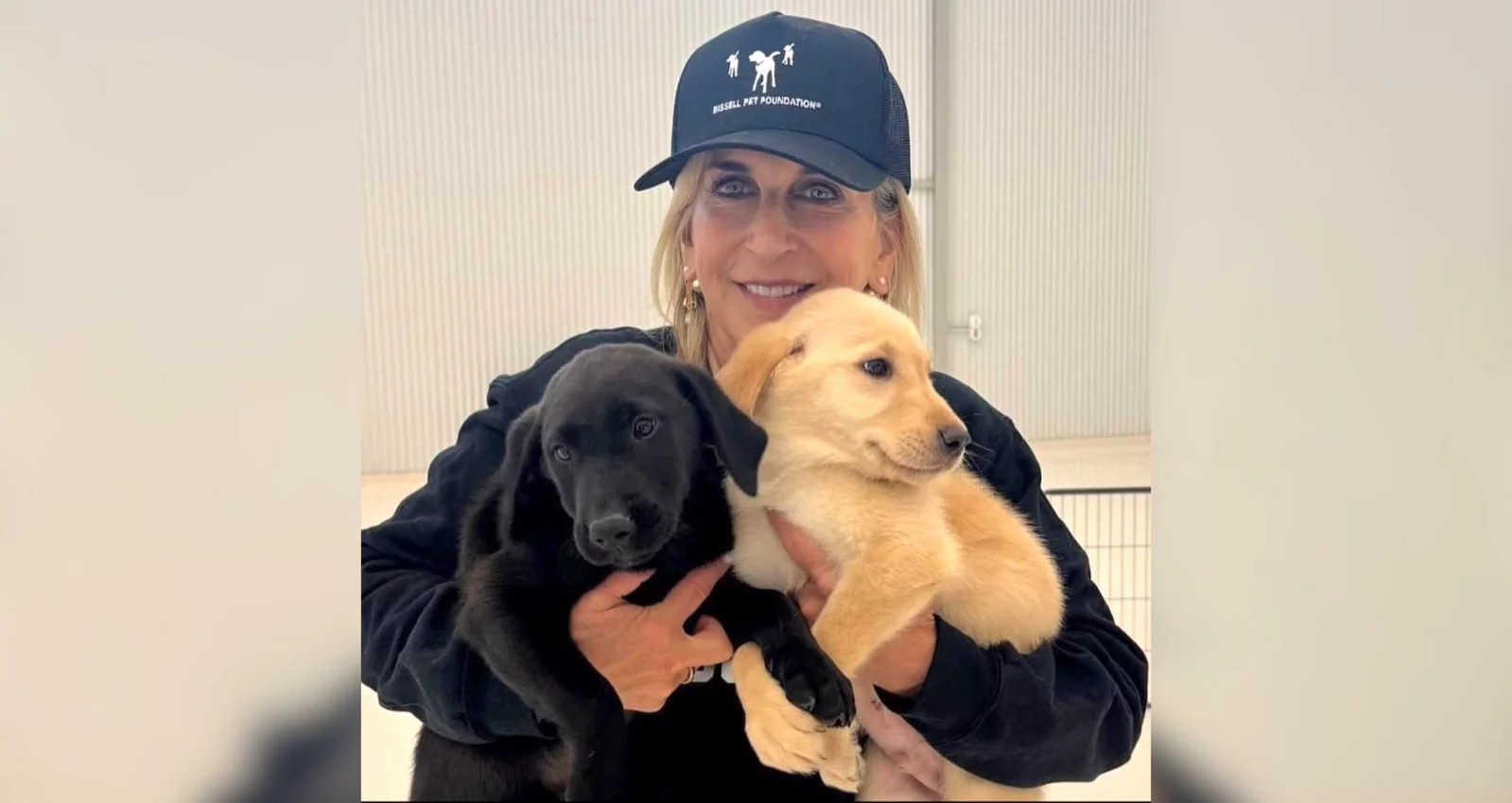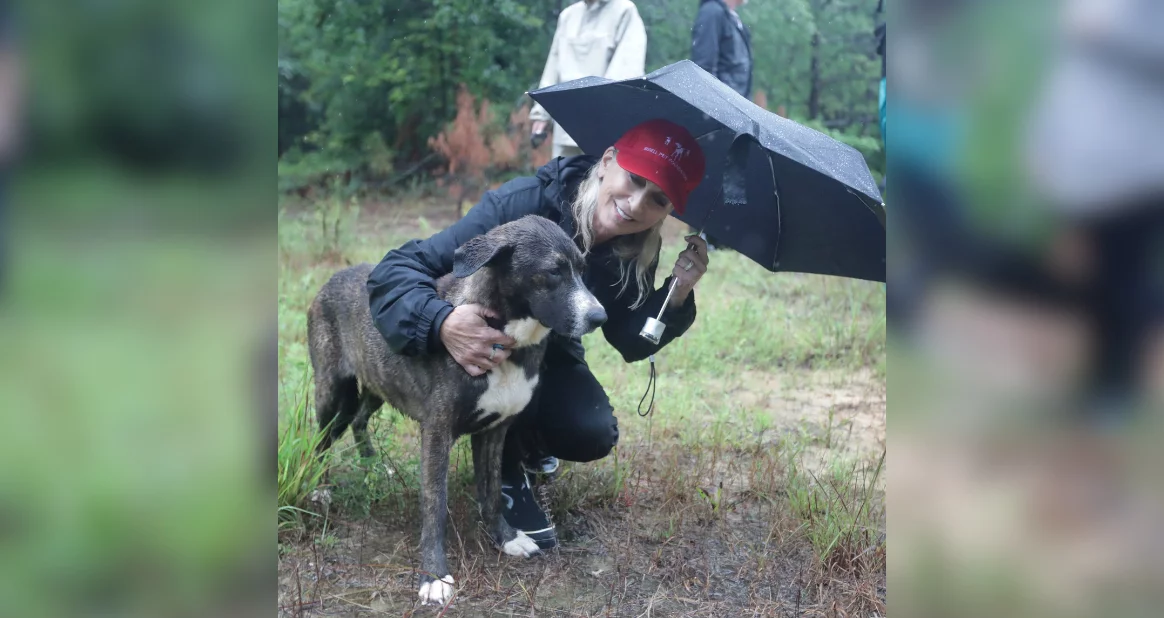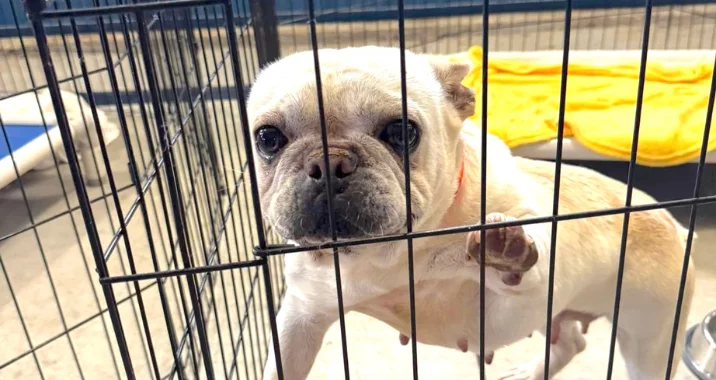The Compassion Fatigue Crisis in Our Nation's Animal Shelters
Spring is here, and BISSELL Pet Foundation has been working hard, finding solutions to support shelters in their efforts to save as many lives as possible. Recently, I was on the ground in Louisiana and Mississippi. What I witnessed in these shelters and communities has left me thinking about the state of animal welfare, the challenges the staff face, and how they are coping during this difficult time.
In late April, the BPF team provided a Compassion Fatigue Workshop in Louisiana. We brought in a professional to work with staff from multiple shelters. The outcome was heartbreaking. When discussing the crisis facing our nation’s shelters, we often think only about the pets being euthanized due to space and the lack of staffing. However, we must look closer and lean in—our animal welfare workers are suffering. The current health of our nation’s animal welfare workers is a crisis in itself.
While I cannot share specific stories from the workshop, my team witnessed a systemic issue with physical exhaustion and emotional fatigue. These individuals across the country are working harder than ever because there is not enough staff. As a result, many have walked away from animal welfare. I cannot blame them, for what they witness every day is tragic. Owner surrenders are increasing, and pets are staying longer. Families are getting squeezed out of their homes due to higher rent and cost of living, leaving them unable to find affordable housing where they can take their pets. Shelter staff must witness these agonizing “surrenders” day after day. They walk pets into their facility, away from their crying owners, as the pets knowingly pull back toward their families.
Staff at overcrowded organizations face excessive criticism simply because they must make impossible decisions as they take every pet that comes through the door. Shelters and their hardworking staff are doing everything they can to make a difference, including searching for foster homes and providing resources to keep pets with their families. Yet, they will still be called derogatory names because of the choices they are forced to make. I can’t imagine your daily struggle—having to euthanize highly adoptable pets for space or having to defend your “data.” This is not what animal welfare workers signed up for, yet the current crisis has left them no choice. Shelters face constant criticism about the pets they couldn’t save instead of acknowledging the pets they did save.
The plight of our nation’s animal welfare workers is of great concern to me. The struggle is real. Anyone who loves animals would not want to be in this position. We cannot fix this problem overnight, but we must start somewhere. As an industry, we must support each other and encourage change. Let us examine the root of the issues rather than make demands. You do not have to be in animal welfare to make a difference for the men and women working in our community shelters. If you are a community member reading this, the single most important thing you can do is adopt to save a life. Fostering and volunteering are helpful, but we must get pets into homes. For those in the mental health industry, please consider getting involved by offering solutions or services to support your local animal shelter.
Our animal shelters are an essential part of communities—a vital social service. We must work to create awareness before we lose even more lifesaving heroes the animals desperately need.




